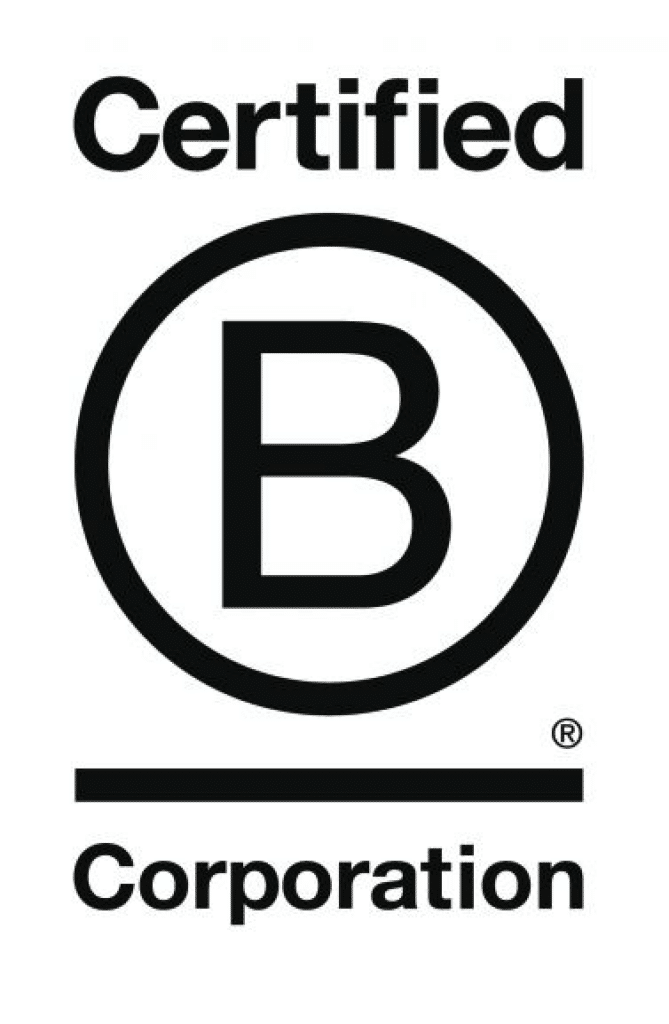So you’ve made the momentous decision to look at talent acquisition differently, more strategically, to align the growth strategy of the business with the hiring needs required to deliver a great outcome for your company. It’s a huge decision, one not to be taken lightly, so please do be careful and don’t get drawn in by the various companies/agencies/charlatans out there who will try and sell you something and have you believe it’s Recruitment Process Outsourcing when it isn’t.
Inevitably in your search for a true outsourced partner, you will either turn to your network of trusted contacts in the talent acquisition field or you will search the internet for the term ‘RPO’. Once you’ve realised that the Royal Philharmonic Orchestra won’t be able to help you very much when it comes to talent acquisition, you might set about reading all the informative white papers, research and thought leadership articles that have been published by various providers and prepare by drawing up a shortlist of organisations that look like they can a) do the job, and b) align with your own company’s ethos and way of working.
What is RPO?
With your goals in mind, you can begin the process of selecting an RPO solution, BUT, it’s important to know that not all RPOs are the same. RPO developed in the 90’s and we are now seeing three generations of RPO solutions being implemented. All are called RPO, but depending on the solution, the service can be very different. Below are a selection of very brief extracts taken from our whitepaper The Good, The Bad and The Ugly, which identifies the different types of RPO models on offer.
First Generation – Agency Management. If what you want is the workload taken away, but with no performance improvement, then this style of RPO could be right for you. Over 40% of RPO providers still only offer this model.
Second Generation – Process Offering. Around 50% of current RPO’s use this model. It works well where a company has no existing process and limited cultural issues, such as fast growing start up or new office where everything can be done from scratch. Nevertheless, since its heyday in the 2000’s, the failing ofthe second generation have become increasingly obvious; most notably that one size does not fit all.
Third Generation – Tailored Solutions (and real RPO). To tackle the failings of others, a handful of RPO providers – perhaps 10% of the current providers – have become truly consultative, developing flexible process toolkits which take the best of your existing process and make adjustments to it where necessary. This allows you to preserve what is good and makes your culture unique. This tailored solutions draw on best practice in dozens of world leading companies. They work with any ATS, not just one. The best RPO consultants are now at home in the boardroom as they are in HR, offering consulting advice on workforce planning, market conditions, competitor status and a broad variety of other issues. Their sourcing has become proactive, creating talent pools in advance of need. Their metrics are extensive and immediate. Most importantly, these tailored solutions are cutting costs, as well as the time it takes to hire, the time spent by management , the time it takes for new hires to get up to speed and overall attrition rates, whilst improving employer brand recognition and productivity for their clients.
Cost is of course an important facet in any arrangement, so at the very least make sure if you select one of the less expensive models you look carefully at the small print and are wary of additional charges for services such as search, profiling and advertising, to name just a few. Those selling you something that isn’t RPO will have to make up the shortfall in their pricing model by yes (you guessed it) charging you.
Equally, look out for the “RPO” salesmen and women whose aim is undoubtedly to woo you with smart presentations, industry jargon and the occasional swanky lunch in a fancy London restaurant. Just so you know, we don’t do that… well ok, maybe we do occasionally, but only for our very nicest clients! It’s important to understand that once an RPO supplier has won your business, you are unlikely to see the sales team again, so make sure that any promises they make are documented in black and white. You may be surprised to learn that some sales people do have a habit of telling the odd white lie, and can use clever marketing fluff to distort the truth, so ask for a breakdown of what your money gets you. It may seem like a given, but not all arrangements secure you recruitment support on the ground. Be sure to define your requirements or you may just end up with a point of contact recruiter based overseas.
Selecting the right RPO model will be essential for you to get the best from the arrangement, so do take some time to explore the market and make sure you get what you need for your business. Make sure if you want RPO, you get it. If you need an organisation that can genuinely improve the entire hiring process from end to end and not just save you a % of your annual recruitment budget, then it may be worth digging a little deeper when you conduct your Google keyword search. Don’t be lured in by eye catching headline numbers purporting to reduce your recruitment agency spend by 40%; anyone can say they do RPO, but it takes knowledge, patience and expertise to be able to deliver real, valueable RPO.


